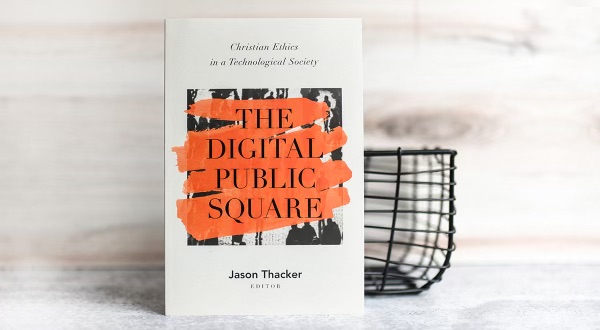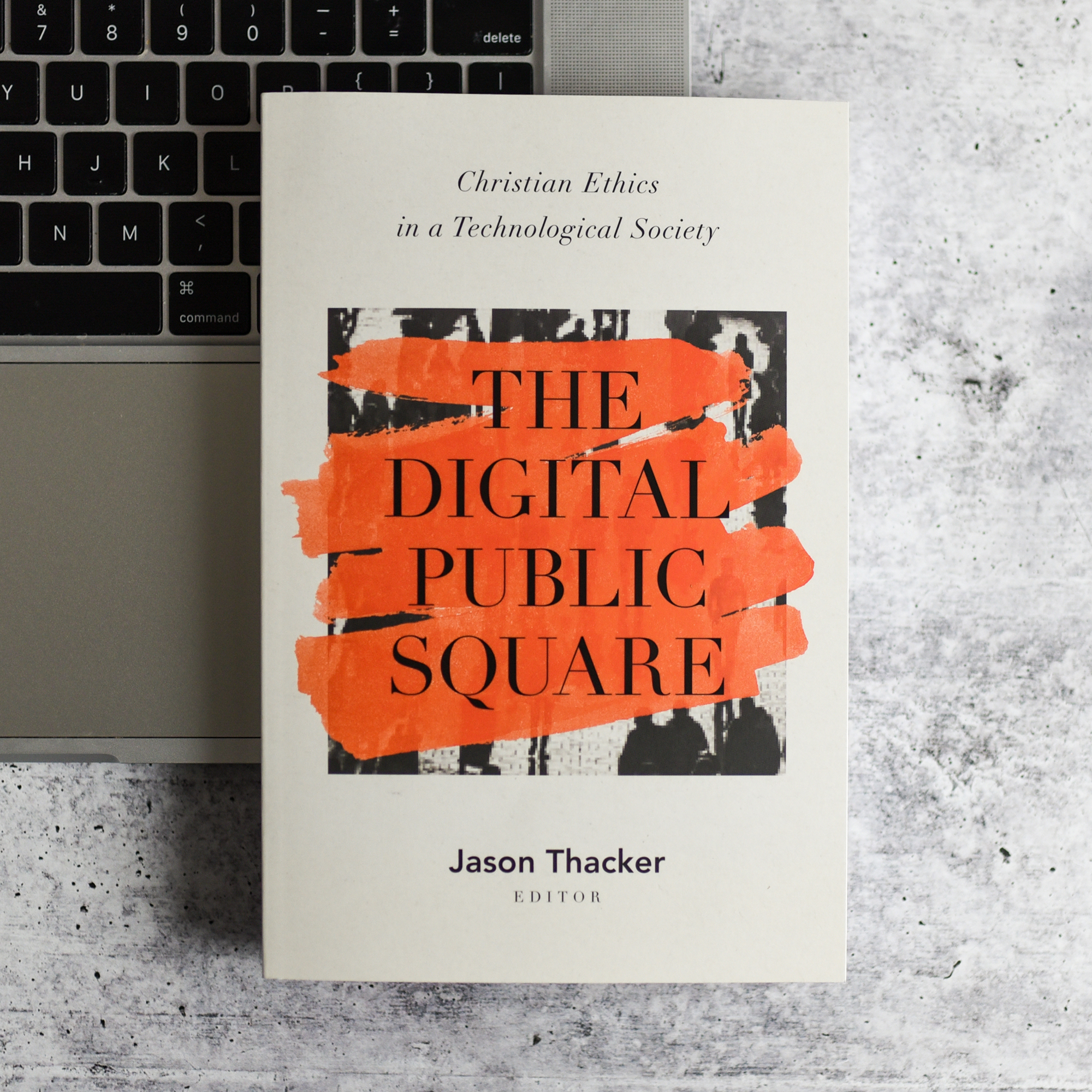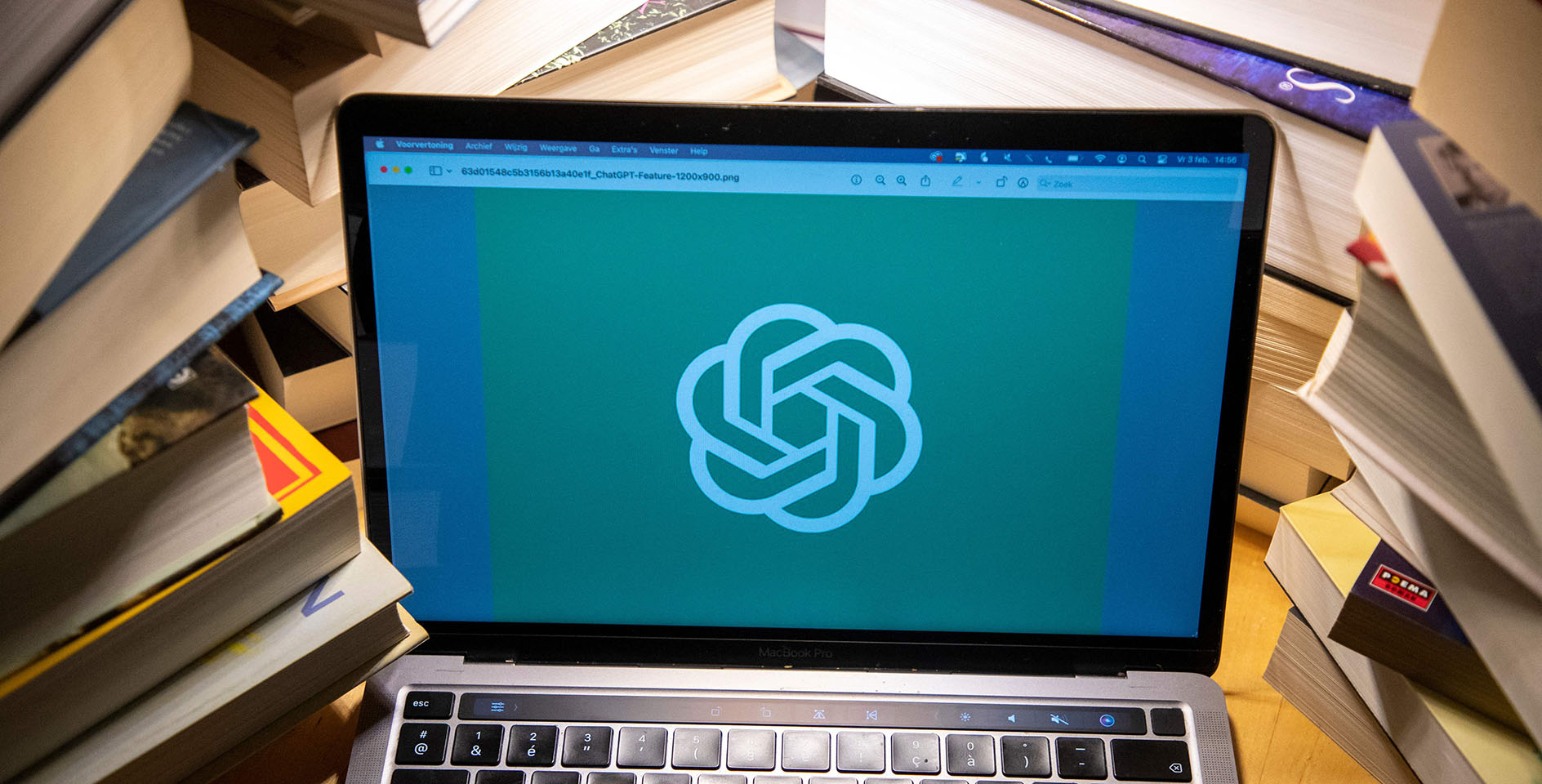It happens like clockwork. Often within a few moments of breaking news or some other major event happening in our culture, we see one of the most damaging effects of social media and digital culture. Our feeds are immediately filled with “expert” opinions, half-baked ideas, and reactionary takes that routinely fail to account for the reality of the situation and resort to partisan or cultural talking points. In these moments, it seems that everyone we know has a take on what is happening. It’s tempting to join in as we seek to align ourselves with the “right” tribe or group online.
The internet was originally promised to be a major turning point in the pursuit of truth and free expression. We were told that the democratization of information would usher in a new era of freedom and emphasis on truth. The idea is that the truth would naturally rise above the fray given the freedom of information and a common pursuit of truth. But along with this pursuit came an onslaught of fake news, misinformation, and opinions based on feeling and emotion.
In reality, much of the ”news” we hear about today or “expert” commentary is nothing more than content designed to whet our appetites for immediacy, inflame our alliances to group identities, or stir up controversy to influence our behaviors. Social media in some sense breeds behavior in which we project ourselves as omnicompetent. We are constantly being pushed to post about “what’s happening?” on Twitter or to post “what’s on our mind?” on Facebook. We are encouraged and incentivized to post our random musings, unformed thoughts, and reactionary takes for the world to see.
So, how are we to break this vicious cycle of self-promotion and recenter our lives on pursuing wisdom in a digital age? The answer might sound trite and overly simplistic, but I am convinced that three little words can help change a culture: I don’t know.
Information overload
Each and every day, we are bombarded with more information than we could ever hope to process. In our digital first world, it is far too easy to focus on the things right in front of us. Social media naturally breeds an expert culture, where we seek to prove our knowledge, allegiances, and abilities often before we consider the full impact of these decisions. Through our feeds, we fall prey to what Neil Postman referred to as an “and . . . now this” culture, where we are encouraged to quickly move from one thing to the next without any real reflection or sustained evaluation of what we are being exposed to each day.
As writer Alan Jacobs puts it in his recent book, Breaking Bread with the Dead: A Reader’s Guide to a More Tranquil Mind, “navigating daily life in the internet age is a lot like doing battlefield triage.” In this digital age, we are often overwhelmed with the sheer amount of information to process. So, we usually default to shallow engagement and forgo deep reflection on the important things of life.
In conversations about technology and what this level of information access is doing to us as people, we often focus on some of the more prominent effects of technology such as screen time, app limits, and the rise of various psychological effects like the increase of loneliness, isolation, anxiety, and more. While all of these issues are important and should be addressed by the church, one of the most subtle and deleterious effects is how society perceives truth and how this information overload is causing all of us to lose grip on reality. This isn’t an isolated occurrence but has become a cultural practice across political, social, and even religious grounds.
“I don’t know” and epistemic humility
In our digital age, it is easy to falsely believe that we know more or can navigate more than we can actually handle. As we wade through this battlefield of the mind, our sin tempts us to believe that the problems we see in the online world would simply go away if people just believed what we do or would just listen to us. Richard John Neuhaus reminds us in The Naked Public Square, “In principle, we should be suspicious of explanations for other people’s beliefs and behavior when those explanations imply that they would believe and behave as we do, if only they were as mature and enlightened as we are.” In the digital age, cultivating humility and understanding of how deeply embedded sin is in every aspect of our life can help usher in a more righteous pursuit of truth in a divided society.
One of the most countercultural things we can do in the midst of information overload — especially with the constant allure of projecting ourselves as omnicompetent online — is to simply say “I don’t know”. While it may sound trite and doesn’t entail that we cower from speaking truth, it reminds us that we are indeed finite and limited in what we actually know. We simply aren’t designed — nor do we need — to have an opinion or draw an immediate conclusion about the onslaught of information we face each day.
Paul warns young Timothy that “Certain persons, by swerving from these, have wandered away into vain discussion, desiring to be teachers of the law, without understanding either what they are saying or the things about which they make confident assertions” (1 Tim. 1:6-7). These simple words seem to typify our current age of constant connection and ease of sharing things online with social media, especially for God’s people.
Social media generally yields itself to “vain discussions” where we try to prove ourselves to others and become teachers of others, often without a deep understanding of what we are actually saying or making confident assertions about. Modeling epistemic humility or a responsive awareness of the limits of one’s own knowledge by regularly reminding ourselves and those around us that we do not have all of the answers can help combat the concerning rise of misinformation and conspiracy theories. Not only are we ill-equipped for the task of responding to everything we see online, we simply aren’t created for that type of responsibility. Cultivating epistemic humility can breed a culture of curiosity and intrigue as it encourages sustained study and a culture of learning rather than uninformed opinions passing as facts or knowledge.
Speaking truth with grace in the public square
So when is the last time that you slowed down to evaluate the desires that may motivate your posting, sharing, or clicking online? The evaluation of our online habits shouldn’t be driven by a pursuit of avoiding the dreaded cancel culture, where a single post can ruin someone’s life, or out of a desire to back down instead of speaking truth to power with grace and understanding. With platforms (and society) designed for instantaneous connection and constant sharing, wisdom calls us to step back and seek to examine our souls before engaging online.
Slowing down can allow us time to verify the truth before we share, notice the actual person made in God’s image behind the inflammatory post, and think about why we feel the need to contribute in the first place. We can ask ourselves what we are trying to prove to others or what kind of façade we are seeking to build online. This pause can also help us see what is driving our need to be the one who corrects everyone’s controversial opinions or to show ourselves to be on the “right side” of the latest political controversy.
Of course Christians should engage online. However, when we engage, we should desire for others to know that we are not confident in ourselves but in the One who made us in his likeness (Gen. 1:26-28). Social media can tempt us to think that the things we say and do online are spoken into a void of time and space, disconnected from real life. But behind the avatars and updates are flesh-and-blood human beings with struggles, fears, and desires, just like you and me. Let’s be the ones who prize people over power and truth over position.










